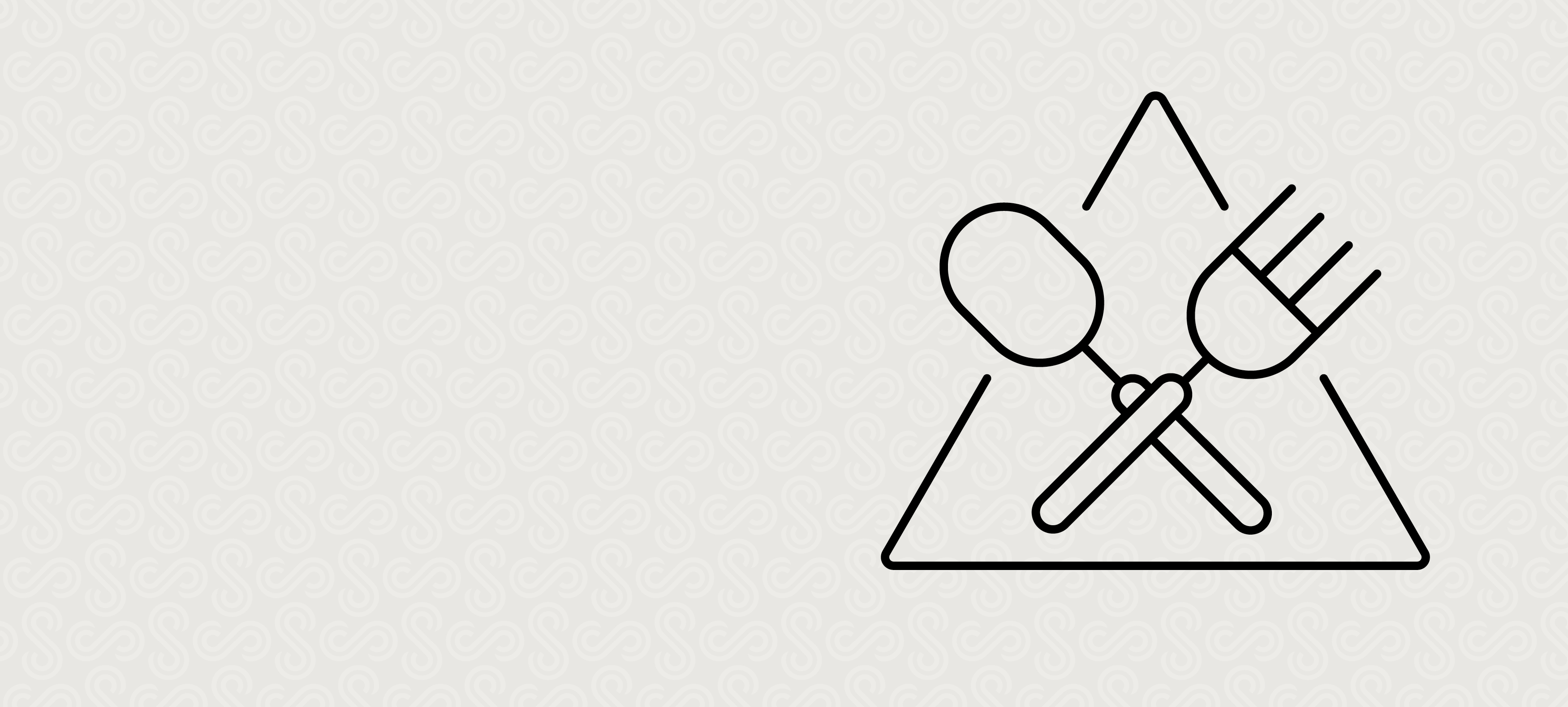Ex Head of Local Delivery for the FSA and Shield Safety Group strategic advisor, John Barnes, talks about how the hospitality industry is coping during the COVID-19 crisis.
Like many currently, the COVID-19 lockdown has presented me with more free time than I am used to, and as someone who is semi-retired that is saying something! So, it was a welcome distraction when Shield Safety Group asked me for a few thoughts on the safety implications and the food industry response to the COVID-19 emergency measures now in place.
When I worked in the Department of Health, and more recently in the Food Standards Agency, I had experience of both Government and industry responses to significant shocks to the food supply chain – Salmonella in eggs, BSE, Foot & Mouth, Sudan Dye and more recently, horsemeat. These now seem like a walk-in-the-park compared to the current situation we’re in. I know many industry and regulatory colleagues will be working very hard, but also anxiously, to get through this.
However, one major (and very positive) difference is that in those previous incidents a key part of the Government and industry response was about restoring confidence and consumer trust, not only in the safety and provenance of the supply chain, but in its regulatory oversight. With the current situation, the public have not lost confidence in the safety of their food supply chain or in the food industry. Indeed, the sector has an elevated status and is showing itself to be resilient, innovative, supportive of its customers and communities, and trustworthy.
Retailers have promptly introduced reasonable and visible precautions to safeguard their customers, staff and supply chain. The hospitality sector has been grievously hit, but alongside local convenience stores many have turned to take-away trade and on-line food delivery to preserve their income, or simply to better serve their communities following the government relaxation of relevant planning restrictions. Whilst the focus now is not about restoring public trust in the safety of the supply chain, which is good news, it remains crucial to ensure it is not undermined or damaged.
Whatever description you use to describe the current situation, the 20% growth in grocery sales over the past 4 weeks – the biggest month on record – alongside the mothballing and operational changes to hundreds of thousands of hotels, restaurants and pubs, means it is certainly not business as usual. This presents risks, some of which might not have been covered by existing risk assessments, safety arrangements or staff competencies.
These include:
- Risks associated with long term running at peak capacity (or above)
- Personnel changes, shortages and operational implications of distancing measures
- Supplier, ingredient or distributor changes
- Operational or business use changes
- Mothballing all or parts of food establishments
Concurrently and quite understandably, regulatory oversight of the sector has been reduced. The FSA has advised local authorities to stop routine inspections and on 30th March the EU relaxed their rules on officer and inspection requirements for Official Controls. Some of this reflects ongoing shortages of key personnel because of sickness or self-isolation, but it also reflects that a key priority for regulators now is to help sustain the food supply, and provide support and advice to local businesses. Local regulators are continuing to respond to high risk issues and many local EHPs and TSOs also have wider COVID 19 related public health duties at the moment.
The ‘old regulator’ part of me was very concerned in the first few weeks of March. I worried about the food safety and food quality risks associated with the challenges required of the food supply chain, particularly the speed and scale of the necessary changes relative to the speed and scale of the regulatory support and oversight. My concern also reflected how important it will be in the coming weeks or months to maintain confidence, not only in the adequacy of the food supply, but also its safety and quality. In the current emergency, this is not only a confidence or trust issue – there are amplified health consequences also.
I was reassured more recently not only by the measures and expertise shown by the food industry to address risks associated with these unprecedented changes, but also by the wider response from food consultancy and professional body community.
Over the last few weeks many safety consultancies and training providers, including Shield Safety Group’s Taskforce, have offered free guidance, support and a COVID-19 advice line services to the industry. This includes practical and free expert guidance, particularly to those in the hospitality sector. The advice will help them temporarily close their business safely, or transition to a take-away or on-line service, perhaps for the first time. The guidance I have seen has been of a very high standard, identifying associated risks and simple ways to address them, whilst supporting the industry as a whole. More recently, the Food Standards Agency has issued food industry guidance on key food safety issues during COVID-19.
In fast moving, stressful situations I know how reassuring it is to have an authoritative checklist or expert advice to guide you. Although I am confident regulators will take a measured approach to enforcement in these unprecedented times, such considered and logged actions can also underpin reasonable precaution and due diligence in the event of an incident.
Some in the industry are highlighting the opportunity the lockdown can bring in terms of quiet time for you, perhaps using this time for training staff and sorting out long term issues not able to be tackled when businesses are trading. These silver linings are useful, but my thoughts and the thoughts of business owners should also be on their opening procedures when the lockdown is lifted. No-one is sure what this might look like, and what social distancing measures may remain. Certainly, from a food safety perspective, opening all, or even part, of the business after a mothballing period will introduce significant risks best considered and tackled in advance.
The speed and safety of opening will depend on how systematically the business was shut down, and whether during closure it has been routinely checked.
Key issues will include:
- cleaning down arrangements and cleaning chemical availability.
- Pests which might have become established or more established in either your or adjacent premises
- Food availability and stock control
- Equipment condition and maintenance eg efficacy of cold holding equipment, dishwashers and cookers
- Associated health and safety risks such as Legionella
There might also be a new expectation from customers on what they want to see in relation to visible front of house measures such as staff hygiene and hand washing, signage, customer hand sanitising facilities and visible cleaning of customer touch points, such as menus and screens.
These things are best considered now to allow hospitality businesses to resume trading as quickly, and as safely, as possible.


